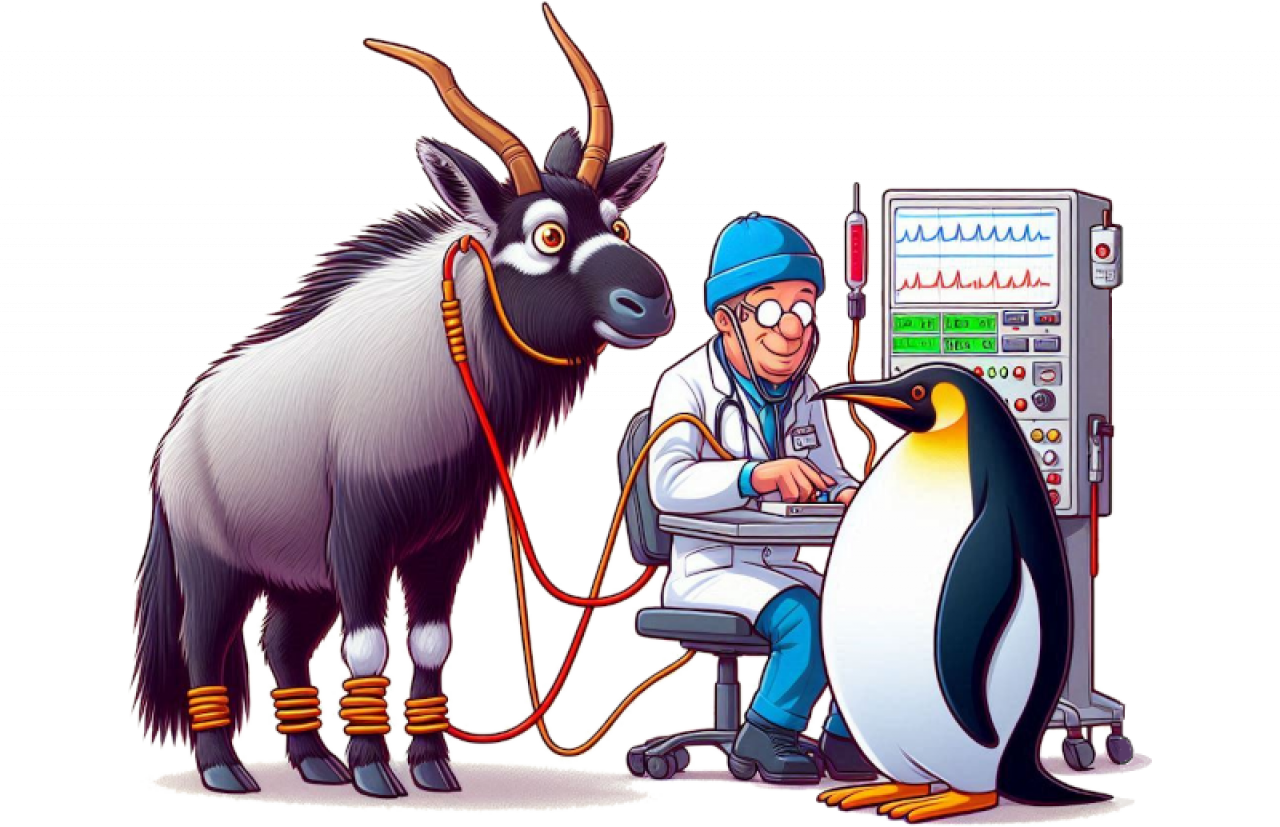Open Source Testing Challenges
Testing open source software (OSS) presents unique challenges, from its decentralized development model to the diverse user base to the varying levels of contributor expertise. Testing community-developed software must also meet challenges arising from the vast number of projects, and in particular, from developer focus on innovation and functionality. Like it or not, testing and sustainability are often an afterthought.
Some of the key challenges include:
Limited Resources: Open source projects may have limited financial and human resources to dedicate to testing, limiting the ability to invest in advanced testing tools, automation infrastructure, or paid testers. Many OSS projects do not have formal QA teams. Testing is often carried out by developers, contributors, and end users, leading to inconsistent testing coverage and test quality. Because OSS relies heavily on voluntary testing efforts, is often un-systematic.
Diverse Configurations: Open source software is used in a wide range of environments (operating systems, hardware configurations, software dependencies, etc.). Ensuring that the software functions correctly across all these environments can be challenging, especially without the ability to access or simulate every scenario.
Inconsistent Testing Contributions: While OSS projects benefit from community contributions, these contributions can be of varying quality and quantity. Some contributors may submit code without thorough testing, leading to regressions or undetected bugs. Others may write good tests but in inconsistent styles or frameworks, making it harder to maintain coherent testing practices.
Reproducing Bugs: Given the diversity of environments, users may report bugs that are difficult to reproduce. Without access to the exact configuration or usage scenario that triggered the bug, resolving it can be challenging, and creating reproducible test cases difficult.
Security and Privacy: Testing for security vulnerabilities is critical but can be overlooked in OSS projects due to limited expertise or resources. Contributors might lack the security knowledge to perform thorough testing, leading to potential vulnerabilities. Additionally, some testing practices (like penetration testing) might require sensitive data, raising privacy concerns.
Lack of Automated Testing: While many projects use automated testing (e.g., unit tests, CI/CD pipelines), these systems may not be as comprehensive or well-maintained as they cold be. Smaller projects can lack test automation entirely, leaving testing to manual methods. Automated tests can also suffer from technical debt if they aren't regularly updated to reflect new changes.
Maintaining Compatibility: OSS projects strive to maintain compatibility with older versions of the software or with a wide variety of systems. Compatibility, especially backward compatibility, can complicate testing, as it requires ensuring that new changes do not break legacy interoperability.
Volunteer Fatigue: Testing OSS relies heavily on volunteers, who may experience burnout or lose interest over time. As testing is often less glamorous than development, it can be harder to attract and retain testers for ongoing maintenance and updates.
Distributed Contributors: Open source projects often have contributors from around the world working asynchronously. This distributed nature can make it challenging to coordinate testing efforts, handle bug tracking efficiently, or ensure consistency in how testing is conducted across time zones and development teams. Moreover, in large OSS projects, testing practices can become fragmented. Different contributors might use different testing frameworks, tools, or methodologies, which can lead to an inconsistent testing ecosystem.
High Release Rates: Many open source projects are updated frequently, with new features, bug fixes, and improvements introduced rapidly. This high rate of change makes it difficult to keep testing suites up to date and ensure that new features are thoroughly tested before release.
Infrequent Comprehensive Testing: While OSS projects may have many users, comprehensive end-to-end or system-level testing may be infrequent, as it often requires significant effort and coordination. As a result, certain areas of the software, particularly edge cases or less frequently used features, may be under-tested.
In summary, testing open source software presents a variety of challenges. Despite these challenges, the community-driven nature of OSS testing offers opportunities for continuous improvement and collaboration, especially with good testing protocols and community involvement.
Who Tests Open Source?

Open source software (OSS) is tested by a variety of ecosystem participants with different roles and motivations. The collaborative and transparent nature of open source encourages broad participation in testing, ensuring that the software is tested by a diverse range of users and scenarios.
The key groups involved in testing open source software include:
Core Developers and Maintainers, who create and maintain the software typically also write unit tests, integration tests, and other automated tests to ensure the software functions as expected. They also rely on continuous integration (CI) systems to automatically run tests whenever new changes are made.
Contributors, including developers, testers, or anyone from the community who submits patches, bug fixes, or features. Contributors are expected to follow testing guidelines provided by the project (if any), often running tests locally (on a fork) before submitting code. Larger projects might have review processes where code and tests are reviewed before being accepted.
End-Users of OSS play a significant role in testing, especially for scenarios that developers haven't anticipate (a.k.a. "corner cases"). They often report bugs, suggest improvements, and provide feedback. In some cases, users might even contribute test cases to reproduce bugs they find.
Automated Testing Tools: some open source projects integrate automated testing into development workflows using tools like Travis CI, GitHub Actions, or Jenkins, to run tests automatically for every change and pull request.
Quality Assurance (QA) Teams: some larger open source projects have dedicated QA teams or contributors focused on testing. These testers perform manual and exploratory testing to ensure software quality, complementing automated tests.
Foundations typically assist (or even require) hosted and sponsored projects to test project code and/or to provide test code for the projects.
Commercial Distribution Suppliers provide an important value-added with their testing and productization efforts. Companies like Canonical, IBM/RedHat, and SUSE (for Linux and other projects), Mirantis (for OpenStack), Oracle and MariaDB Corporation (for MySQL and MariaDB) and myriad others
Open Source Code Quality vs. Proprietary Code
In spite of the challenges to testing open source code, and because of the ecosystem-wide approach to testing, open source exhibits much lower bug density than proprietary code in general. Multiple studies bear out this positive comparison:

Coverity: Coverity, a software analysis firm, conducted studies comparing the defect densities of open source and proprietary software. One of their key findings was that open source projects had an average defect density of 0.61 defects per 1,000 lines of code, while proprietary software averaged 0.76 defects per 1,000 lines of code. This showed that well-maintained open source projects could achieve quality levels similar to or better than proprietary projects.

Carnegie Mellon: A study by Carnegie Mellon University found that the average defect density in proprietary software ranged from 5 to 10 bugs per 1,000 lines of code. Open source software varied more, with high-quality projects achieving defect densities as low as 0.5 to 1 bug per 1,000 lines of code.
Further Investigation
In upcoming blogs, we'll investigate
Open Source Testing Projects - projects that create tools to test other open source projects
Open Source Testing Tools - OSS for software and hardware testing
Testing OpenTAP
